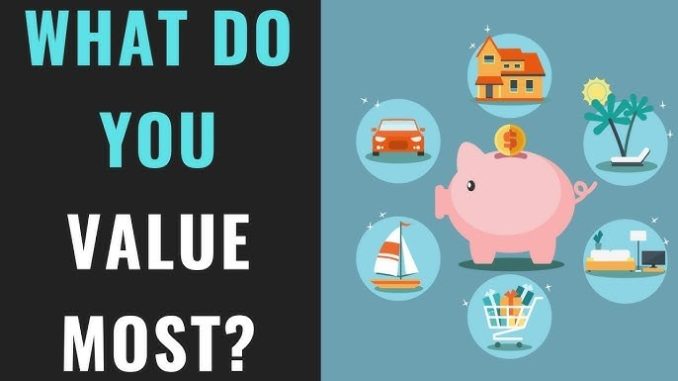
Building a budget based on your values is a transformative approach to personal finance. It shifts the focus from restriction and control to alignment and intention. Instead of simply tracking where your money goes, you begin to direct it toward what matters most to you. This kind of budgeting isn’t just about numbers—it’s about designing a financial life that reflects your priorities, supports your goals, and enhances your sense of purpose. When your spending aligns with your values, every dollar becomes a tool for fulfillment rather than a source of stress.
The process starts with reflection. Before you can build a values-based budget, you need to understand what your values actually are. These aren’t just abstract ideals—they’re the principles and priorities that guide your decisions. For some, it might be family, freedom, creativity, or security. For others, it could be adventure, generosity, or personal growth. The key is to identify the values that resonate most deeply with you and then examine how your current financial behavior supports—or undermines—those values. For example, if you say you value health but spend very little on nutritious food or fitness, there’s a disconnect worth exploring.
Once your values are clear, the next step is to translate them into financial categories. This is where budgeting becomes personal. Traditional budgets often divide spending into generic buckets like housing, transportation, and entertainment. A values-based budget goes deeper. It asks what each category represents in your life and whether it reflects your priorities. For instance, if you value connection, you might allocate more toward experiences with loved ones and less toward material goods. If you value learning, you might prioritize spending on books, courses, or professional development. These choices aren’t about judgment—they’re about intentionality.
Tracking your spending through the lens of your values can be eye-opening. It reveals whether your financial behavior is aligned with your aspirations or driven by habit and impulse. For example, you might discover that a significant portion of your income goes toward convenience purchases that don’t bring lasting satisfaction. Or you might realize that you’ve been neglecting areas that truly matter to you, like travel, creativity, or giving. This awareness is powerful. It allows you to make adjustments that feel meaningful rather than punitive. You’re not cutting back—you’re realigning.
Prioritization becomes easier when your budget is values-driven. Instead of agonizing over what to cut or where to spend, you can ask a simple question: does this support what I care about? That clarity helps you make decisions with confidence. For example, if you’re debating whether to upgrade your phone or take a weekend trip with friends, your values can guide you. If connection and experience rank higher than technology, the choice becomes obvious. This kind of decision-making reduces friction and enhances satisfaction, because you’re spending in a way that feels authentic.
Flexibility is essential in a values-based budget. Life changes, and your values may evolve with it. A budget that reflects your values should be dynamic, not rigid. It should allow for adjustments as your priorities shift. For instance, if you become a parent, your value of independence might give way to a value of nurturing, and your budget should reflect that. Similarly, if you start a new career or pursue a passion project, your financial focus may shift toward growth and investment. Regular check-ins help ensure that your budget remains aligned and relevant.
Technology can support this approach, but it’s not the centerpiece. Budgeting apps and tools can help you track spending and visualize trends, but the real work happens in your mindset and habits. It’s about being present with your money, asking thoughtful questions, and making choices that reflect your values. For example, reviewing your monthly transactions and categorizing them by value can reveal patterns and prompt meaningful conversations. It’s not just about what you spent—it’s about why you spent it and whether it served your goals.
Communication is another important element, especially if you share finances with a partner or family. A values-based budget invites collaboration and understanding. It encourages open dialogue about what matters and how to support each other’s priorities. For instance, one partner might value security while the other values spontaneity. A shared budget can reflect both by allocating funds for savings and for fun. This kind of budgeting fosters trust and reduces conflict, because it’s rooted in mutual respect and shared purpose.
Ultimately, building a budget based on your values is about reclaiming agency. It’s about moving from reactive spending to intentional living. It’s not about perfection—it’s about progress. Every time you choose to spend in alignment with your values, you reinforce your vision and build a life that feels more connected and fulfilling. The numbers matter, but the meaning behind them matters more. When your budget becomes a reflection of who you are and what you care about, it stops being a chore and starts becoming a tool for transformation. And that’s where real financial empowerment begins.